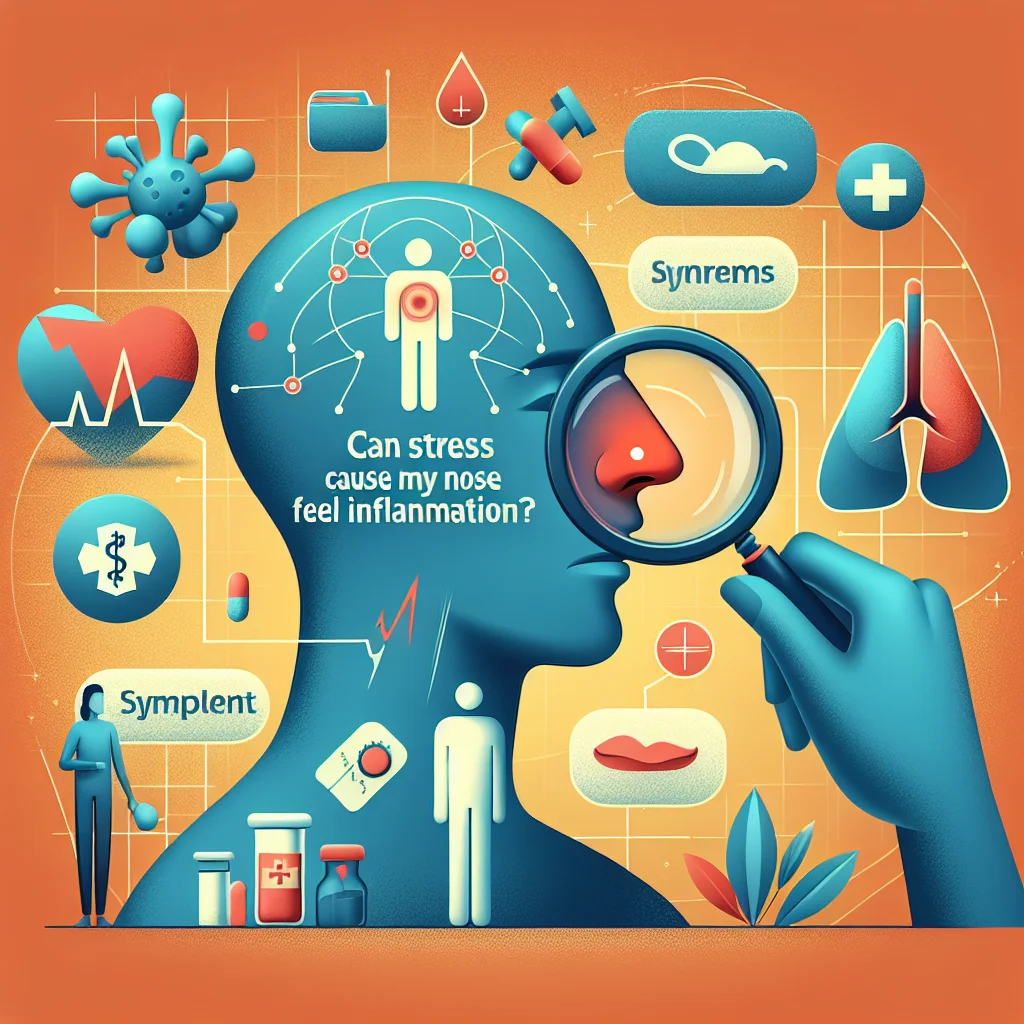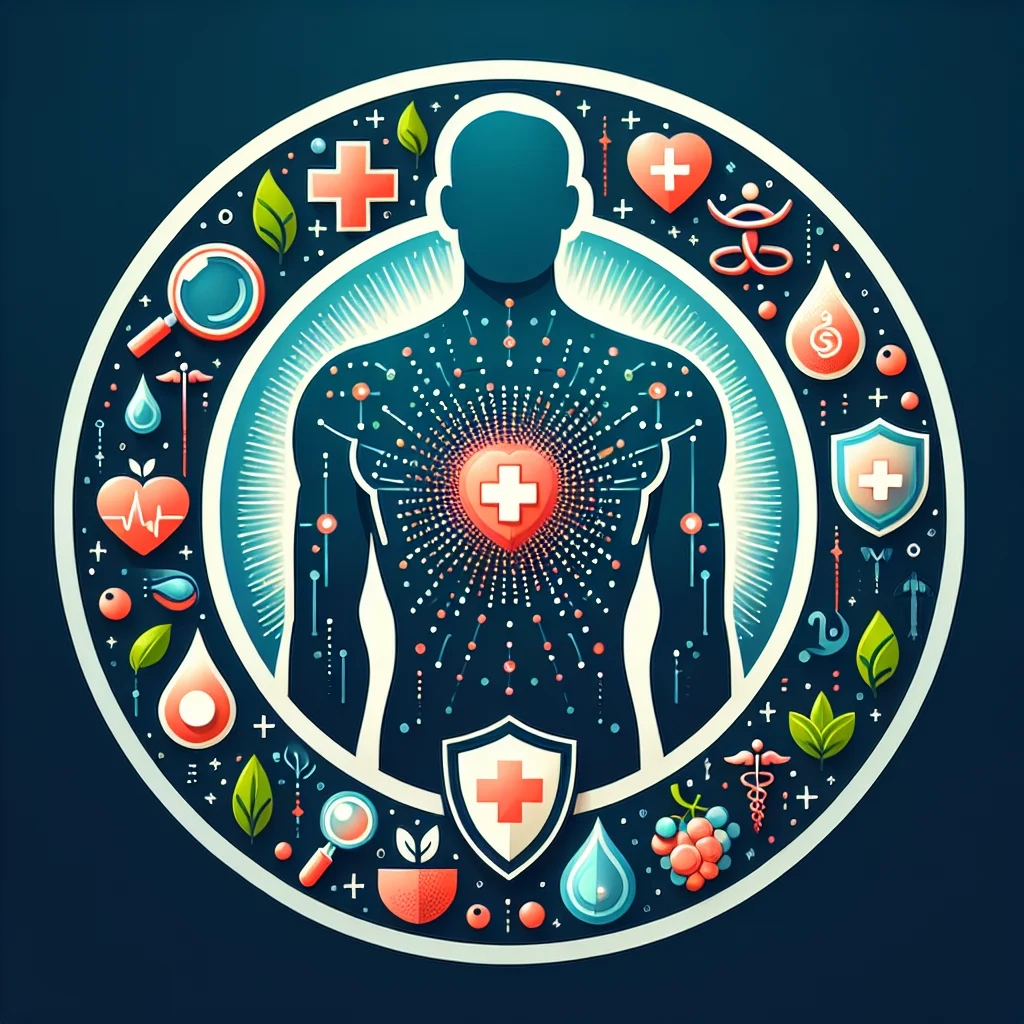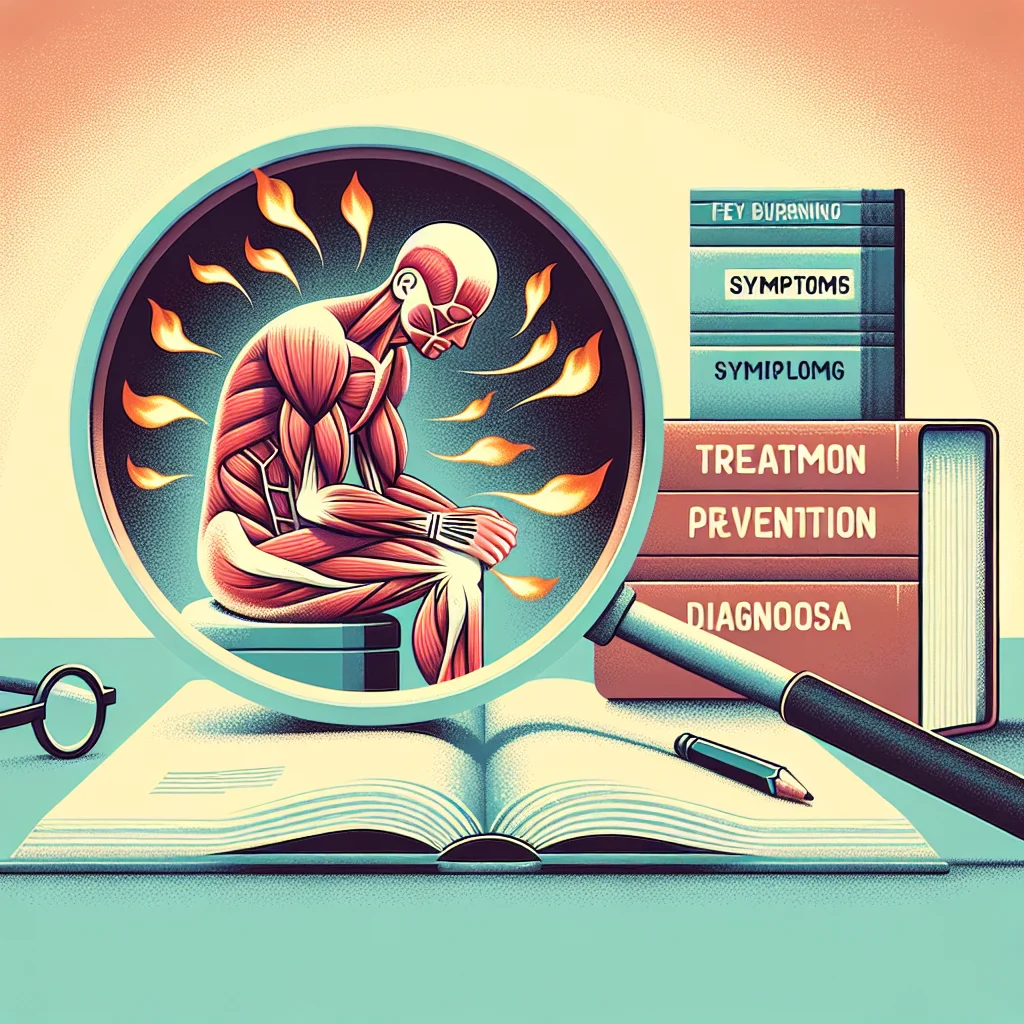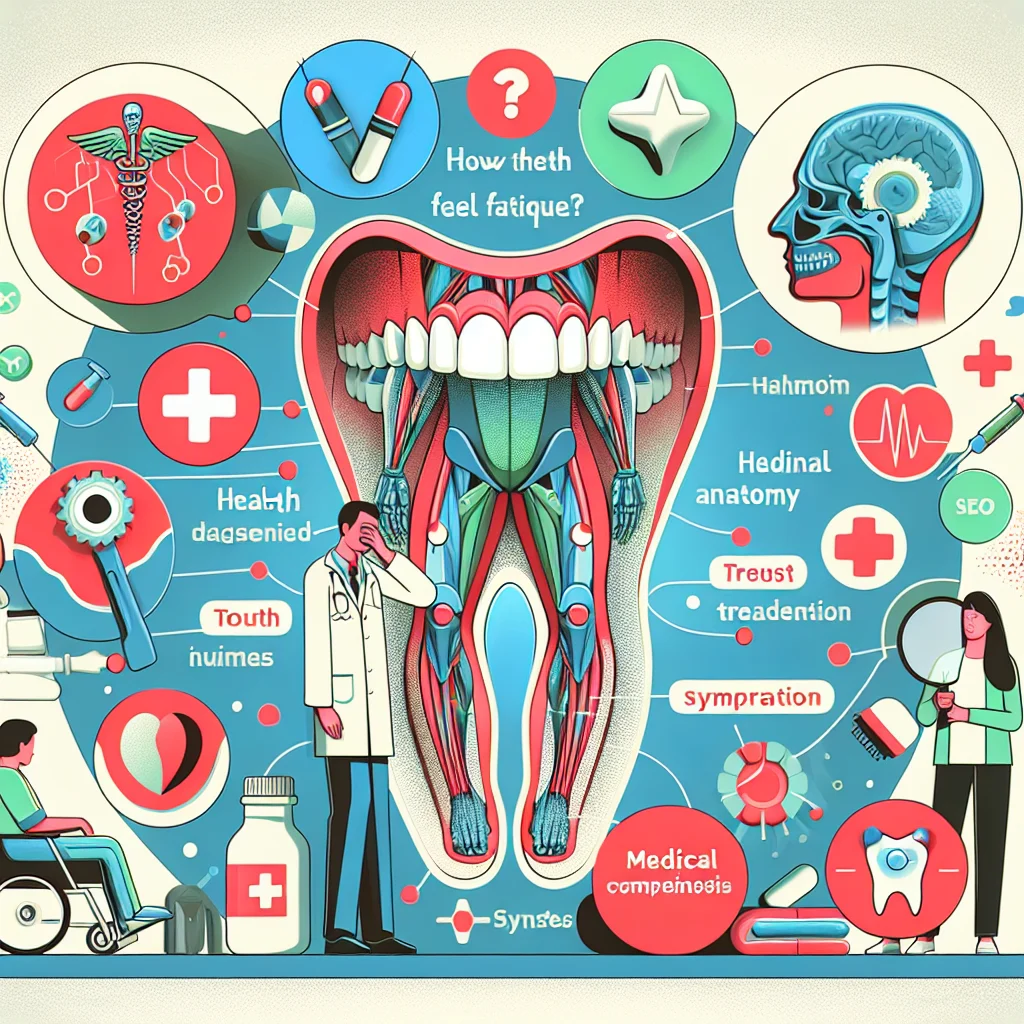
Possible Causes and Medical Insights
If you’ve ever wondered, “What does it mean if my ears feel fatigue?”, you’re not alone. Ear fatigue often occurs after prolonged exposure to loud noises, such as concerts or using headphones at high volumes. This sensation can also result from listening to audio for extended periods without breaks, which places stress on the delicate structures within your ears. Over time, this can lead to temporary hearing changes or discomfort, commonly referred to as auditory fatigue.
Other reasons for ear fatigue might include underlying medical conditions such as ear infections, Eustachian tube dysfunction, or even allergies that cause inflammation in the ear canal. In some cases, persistent ear fatigue may indicate early signs of hearing loss or damage to the auditory nerves. Consulting with a healthcare professional can help determine the root cause and guide you toward appropriate treatment options.
Symptoms and Risk Factors
Common symptoms of ear fatigue include a dull, tired sensation in the ears, muffled hearing, or slight ringing (tinnitus) after being exposed to loud environments. Some individuals may notice increased sensitivity to sound or discomfort when trying to focus on conversations. These symptoms are the body’s way of signaling that your ears need rest and recovery time, especially after intense auditory experiences.
People who frequently use headphones, work in noisy environments, or attend loud events are at a higher risk of experiencing ear fatigue. Additionally, pre-existing conditions such as chronic sinus issues, allergies, or a history of ear infections can increase susceptibility. Recognizing these risk factors can help you take proactive steps to protect your ear health and prevent long-term complications.
Diagnosis and When to See a Doctor
If your ear fatigue persists for more than a few days or is accompanied by pain, significant hearing loss, or discharge, it’s important to consult a healthcare provider. An ear, nose, and throat (ENT) specialist can perform a thorough examination and hearing tests to determine the cause. Early diagnosis is key to preventing potential complications and ensuring effective treatment.
During your visit, be prepared to discuss your symptoms in detail, including any recent exposure to loud noises or use of headphones. Your doctor may ask about other health conditions and medications that could contribute to your symptoms. Prompt medical attention can help rule out serious concerns and provide peace of mind with professional medical insight.
Prevention and Home Remedies
Protecting your ears from fatigue starts with simple preventive measures. Limit the volume and duration of headphone use, take regular breaks during long listening sessions, and use protective earplugs in noisy environments. These steps can significantly reduce your risk of experiencing ear fatigue and promote overall ear health.
At home, you can give your ears a break by spending time in quiet environments and practicing relaxation techniques. Staying hydrated and managing allergies can also alleviate pressure within the ear canals. If symptoms persist, avoid self-medicating and seek professional health advice to ensure proper diagnosis and treatment. Remember, safeguarding your hearing today can help prevent more serious issues in the future.














